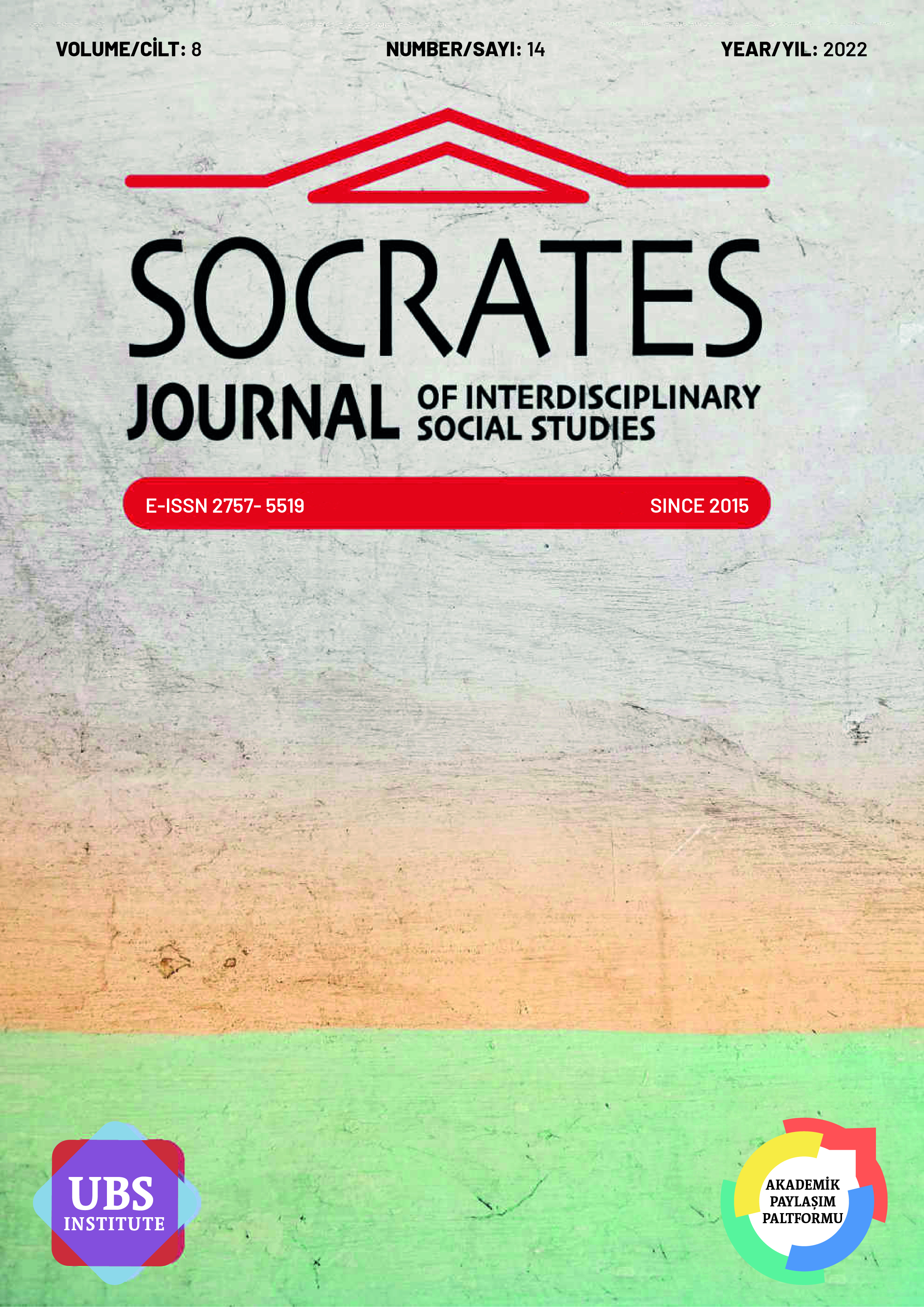THE US-TALIBAN RELATIONSHIP DURING THE TRUMP ADMINISTRATION AND ITS CURRENT IMPACTS
DOI:
https://doi.org/10.51293/socrates.138Özet
With the rise of the Trump administration in the United States, major adjustments have taken place in the global and regional strategies of the United States. The US policy towards the Islamic world presents a complex overall contraction trend and strengthens the focus area. Specifically, the US has rapidly and strategically contracted from Syria, Iraq, and Afghanistan in an attempt to concentrate its efforts on super-containment and extreme pressure on Iran. The Trump administration has thus accelerated the pace of withdrawing troops from Afghanistan and compromising with the Taliban. This is not only the inevitable result of the strategy of “opposing every Obama policy” since the Trump administration came to power. It is also a rational consideration after evaluating the overall strategic positioning of the Islamic world. As early as the Obama administration, the United States had the willingness to compromise with the Taliban in Afghanistan. However, due to the specific positioning of the US Middle East strategy at the time, such compromises were often unstable, especially with the characteristic of “promoting compromise by force”. The Obama Administration’s “New Afghanistan-Pakistan Strategy” of “withdrawing troops from Iraq and increasing troops in Afghanistan” was introduced in this context, but the actual effect was limited. As the Trump administration has returned to the old focus of the Islamic world strategy, the containment over Iran, its related strategic layout has also undergone tremendous adjustments. In terms of the long-term strategic swings between the Gulf region and the Afghanistan-Pakistan region within the Greater Middle East, the US has focused its military projection and deterrence on the Gulf region; in the Gulf region, the US has focused its military deterrence on Iran and used it to make military deployment adjustments within the Gulf Allies.
İndir
Yayınlanmış
Nasıl Atıf Yapılır
Sayı
Bölüm
Lisans
Telif Hakkı (c) 2022 Socrates Journal of Interdisciplinary Social Studies

Bu çalışma Creative Commons Attribution 4.0 International License ile lisanslanmıştır.


